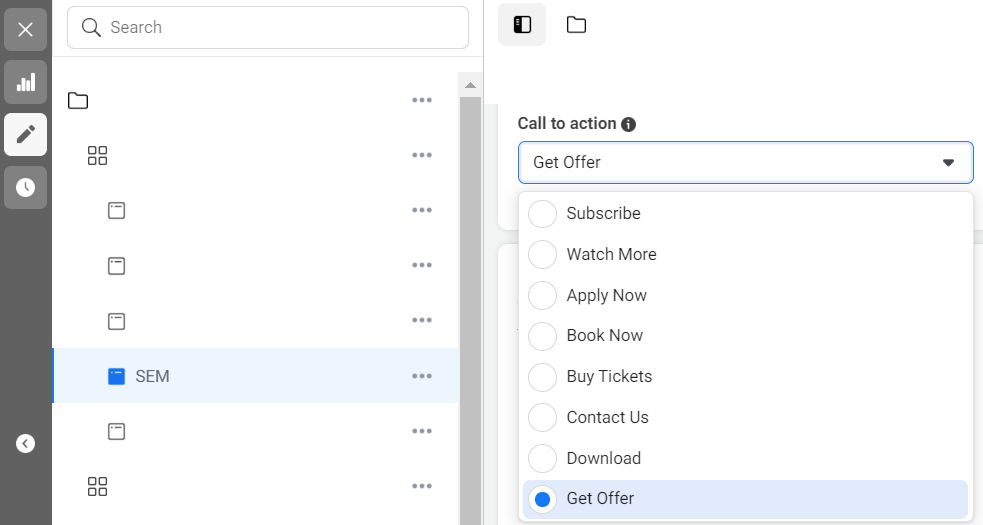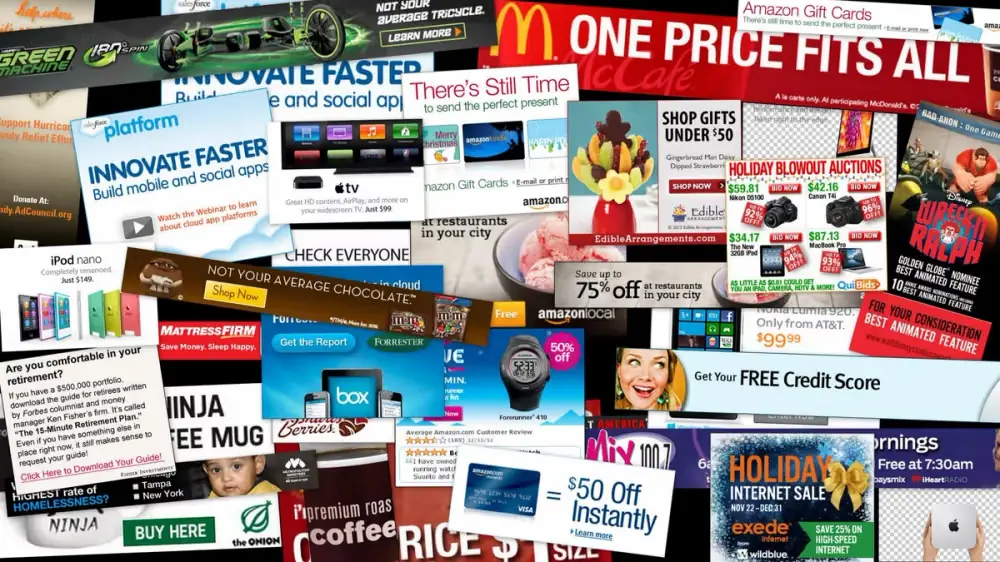
Shadow Banned Meaning: Understanding Online Censorship
Shadow banning is a form of online censorship where a user's content is hidden or suppressed without their knowledge. This means your posts, comments, or even your entire account might become less visible to others. While platforms often deny using shadow banning, evidence suggests it's a common practice. In this article we will talk about what is the meaning of being shadow banned and explain how to solve it.
What is the meaning of being Shadow Banned
Shadow banning can manifest in various ways:
- Reduced visibility: Your content appears less frequently in search results, feeds, or notifications.
- Limited reach: Your posts have fewer impressions and interactions.
- Delayed or suppressed comments: Your comments might be hidden or take longer to appear.
- Account limitations: Your account might face restrictions on certain features or actions.
Reasons for Shadow Banning
Platforms frequently cite violations of community guidelines as the reason for shadow banning. However, users often report experiencing this phenomenon without receiving clear explanations. Potential reasons for shadow banning include the use of overly sensitive content moderation algorithms that mistakenly flag innocent posts. Additionally, repeated complaints about a user's content can trigger shadow banning, even if the content is not inherently harmful.
Furthermore, there are allegations that shadow banning is used as a competitive tool to suppress rivals or as a means of political censorship. While these claims are often difficult to substantiate, they highlight the complex and sometimes opaque nature of shadow banning.
Impact of Shadow Banning
Being shadow banned can have significant consequences for individuals and businesses:
- Reduced audience reach: Fewer people will see your content.
- Damage to reputation: Shadow banning can create a perception of wrongdoing.
- Loss of income: For influencers or businesses, reduced visibility can impact earnings.
- Suppression of free speech: Shadow banning can limit open dialogue and debate.
How to Detect Shadow Banning
Identifying shadow banning can be challenging, but there are signs to watch for:
- Decreased engagement: A sudden drop in likes, comments, or shares might indicate shadow banning.
- Missing content: If your posts or comments disappear without explanation, it could be a red flag.
- Account restrictions: Limitations on posting, messaging, or other features might signal shadow banning.
- Delayed or suppressed comments: If your comments take longer to appear or are hidden, it's a potential indicator.
How to Appeal a Shadow Ban
If you suspect you've been shadow banned, contact the platform's support team. Provide evidence of your content and explain the impact of the alleged shadow banning. Be persistent and polite in your communication.
Preventing Shadow Banning
To minimize the risk of shadow banning, it's essential to adhere strictly to the platform's guidelines. Understand and follow the rules to avoid any potential violations. Additionally, regularly monitor your account's analytics and engagement metrics to identify any unusual patterns that might indicate shadow banning.
Diversifying your online presence is crucial. Avoid relying solely on one platform to reach your audience. By spreading your content across multiple platforms, you reduce the risk of being significantly impacted if one platform decides to limit your visibility. Furthermore, building a strong community around your content can help protect against shadow banning. Engage with your audience, respond to comments, and foster loyalty.
Lastly, stay informed about platform updates and algorithm changes. Understanding these developments can help you adapt your content strategy and avoid actions that might trigger shadow banning.
Shadow Banning on Specific Platforms
- Twitter: Twitter has faced criticism for shadow banning, often related to political views or critical content. Users have reported decreased impressions, limited reach, and suppressed content.
- Facebook/Meta: Meta platforms, including Facebook and Instagram, have been accused of shadow banning pages and groups based on content or engagement patterns. Reduced visibility and limited reach are common complaints.
- Google: While less discussed, Google's search algorithms might indirectly affect content visibility, potentially leading to shadow banning-like effects.
- Reddit: Reddit is known for its subreddit culture and strict moderation. Subreddit bans and shadow bans can occur for violating subreddit rules or platform-wide policies.
Understanding the meaning of being shadow banned on different platforms is crucial for navigating the online landscape effectively.
Would you like to know more about specific platforms and their shadow banning practices?



